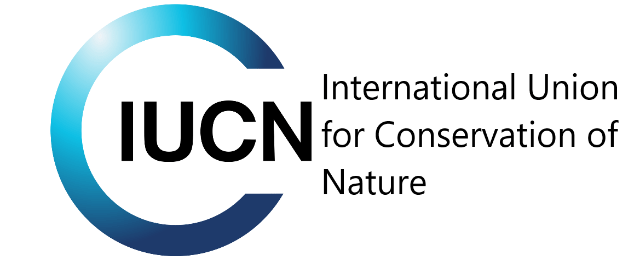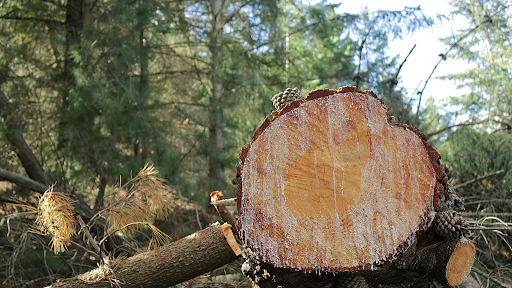Description

Disclaimer: Copyright infringement not intended.
Context
- The State of the World’s Birds is an annual review of environmental resources published by the Manchester Metropolitan University.
- The reviewed the changes in avian biodiversity using data from BirdLife International’s latest assessment of all birds for the International Union for Conservation of Nature’s (IUCN) Red List to reveal the changes in fortunes of all the global bird species.
Key Findings of the Study
- About 5,242 or 48% of the existing bird species worldwide are known to be suspected of undergoing population declines. 39% have stable trends and just 7% have increasing population trends.
- About 13.5% of species are currently threatened with global extinction. The threat is high among families such as parrots, pheasants and allies, albatrosses and allies, rails, cranes, cracids, grebes, megapodes, and pigeons.
- The more threatened species (about 8634%) are found in the tropical Andes, southeast Brazil, eastern Himalayas, eastern Madagascar, and Southeast Asian islands.
Trends in India
- The trend toward declining bird diversity is just as alarming in India.
- 80% are declining in numbers and almost 50% plummeting strongly.
- Just 6% of the species show a stable population and 14% show an increase in population.
Threats Contributing to Avian Biodiversity Loss
- The continued growth of human populations and of per capita rates of consumption lead directly to conversion and degradation of primary habitats and consequent loss of biodiversity.
- Afforestation and plantation with non-native species led to habitat fragmentation and degradation in the tropical areas.
- Other factors are:
- Hunting and trapping;
- the impact of invasive alien species and disease;
- infrastructure;
- energy demands and pollution;
- agrochemical and pharmaceutical usage;
- global trade teleconnection and
- climate change
Importance of Birds to Ecosystem and Culture
- Birds contribute toward many ecosystem services that either directly or indirectly benefit humanity.
- pollinators,
- seed-dispersers,
- ecosystem engineers,
- scavengers and
- predators not only facilitate accrual and maintenance of biodiversity
- also support human endeavours such as sustainable agriculture via pest control besides aiding other animals to multiply.
Measures Needed
- Conducting reliable estimates of population abundance and change.
- Novel and more effective solutions applied at scale for demand reduction for overharvested wild birds.
- Monitoring green energy transitions that can impact birds if inappropriately implemented
- Eradication of populations of invasive alien species.
- Shifting human societies to economically sustainable development pathways.
https://epaper.thehindu.com/Home/ShareArticle?OrgId=GOJ9Q42GR.1&imageview=0











